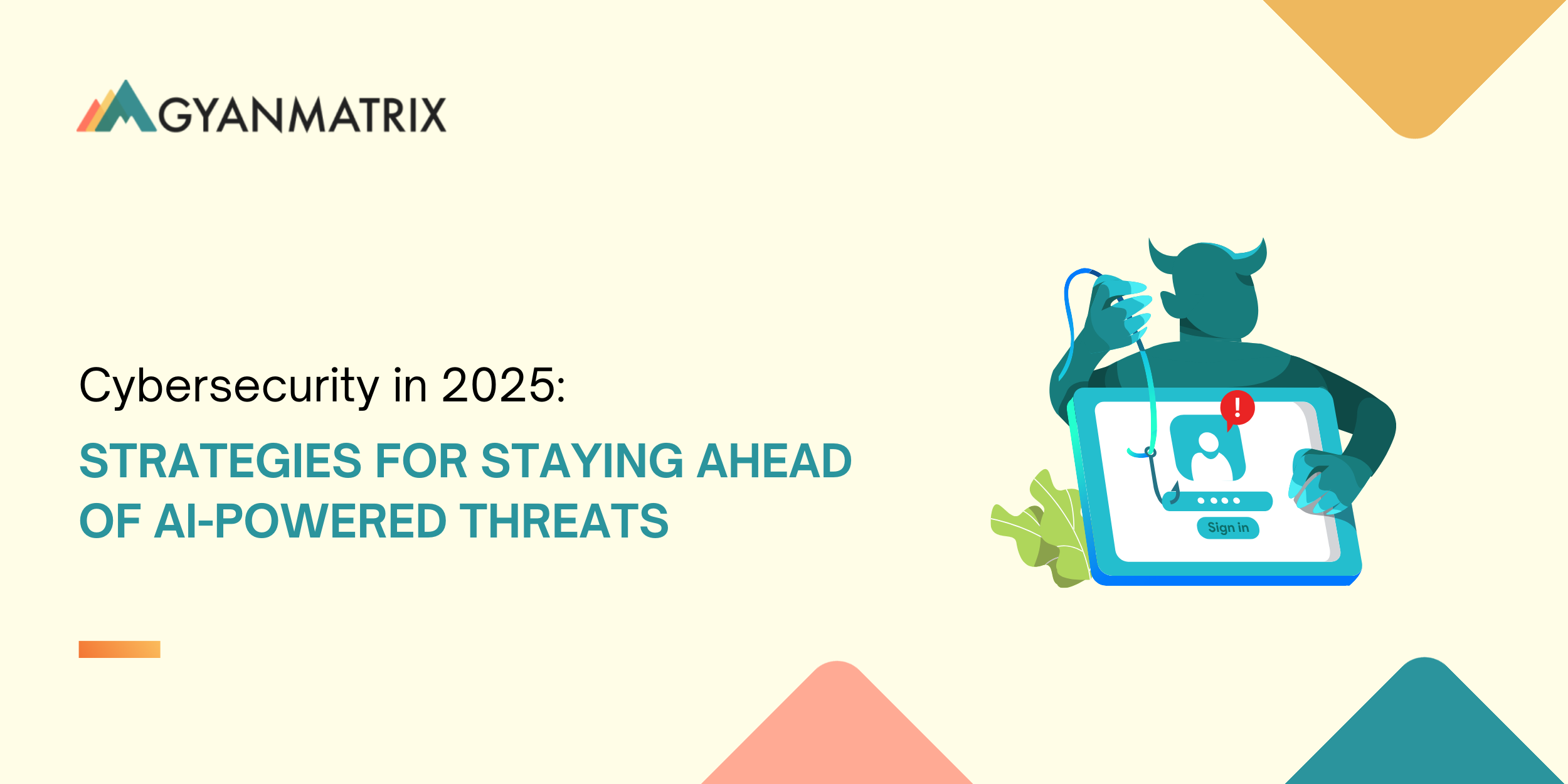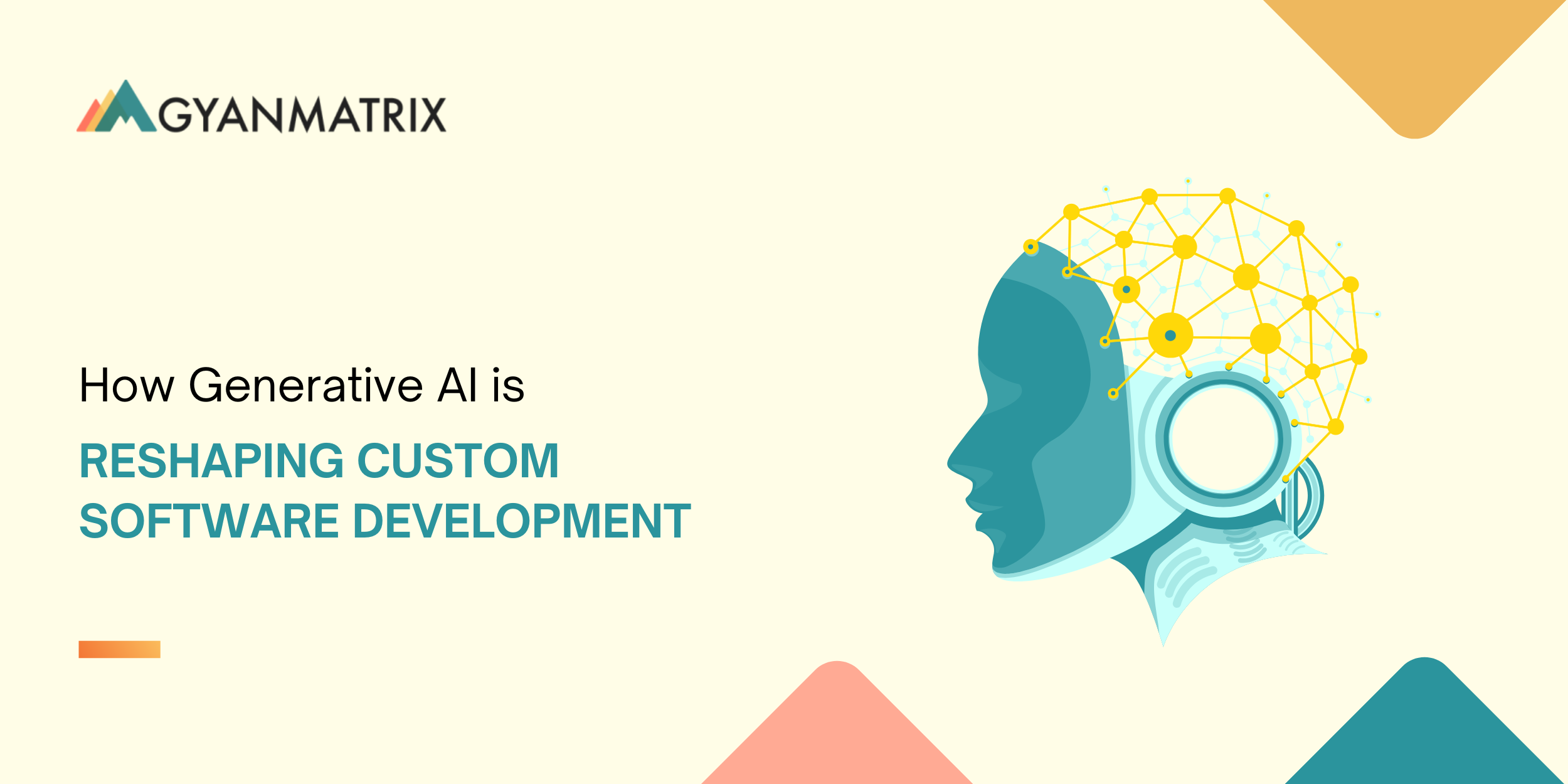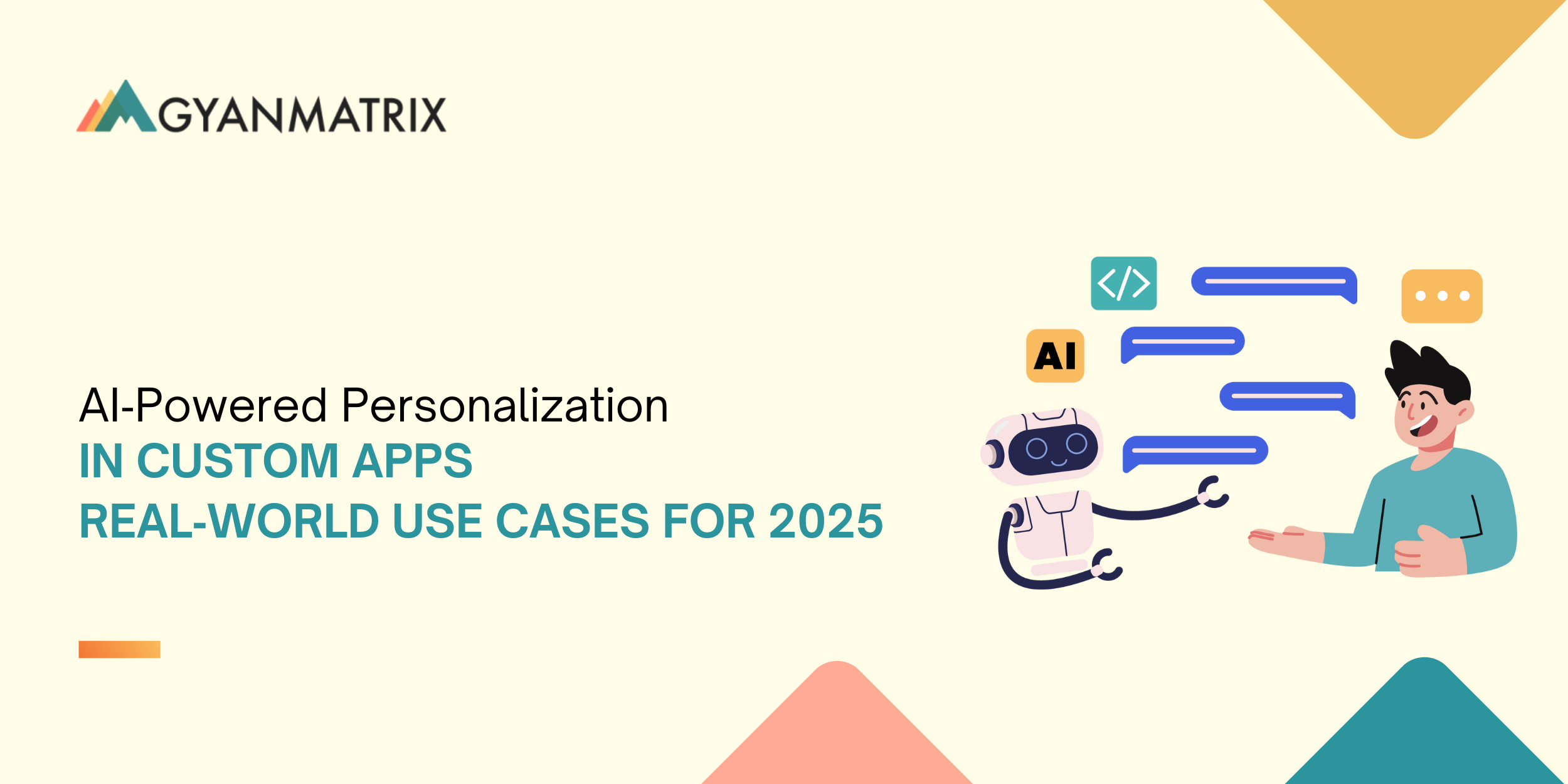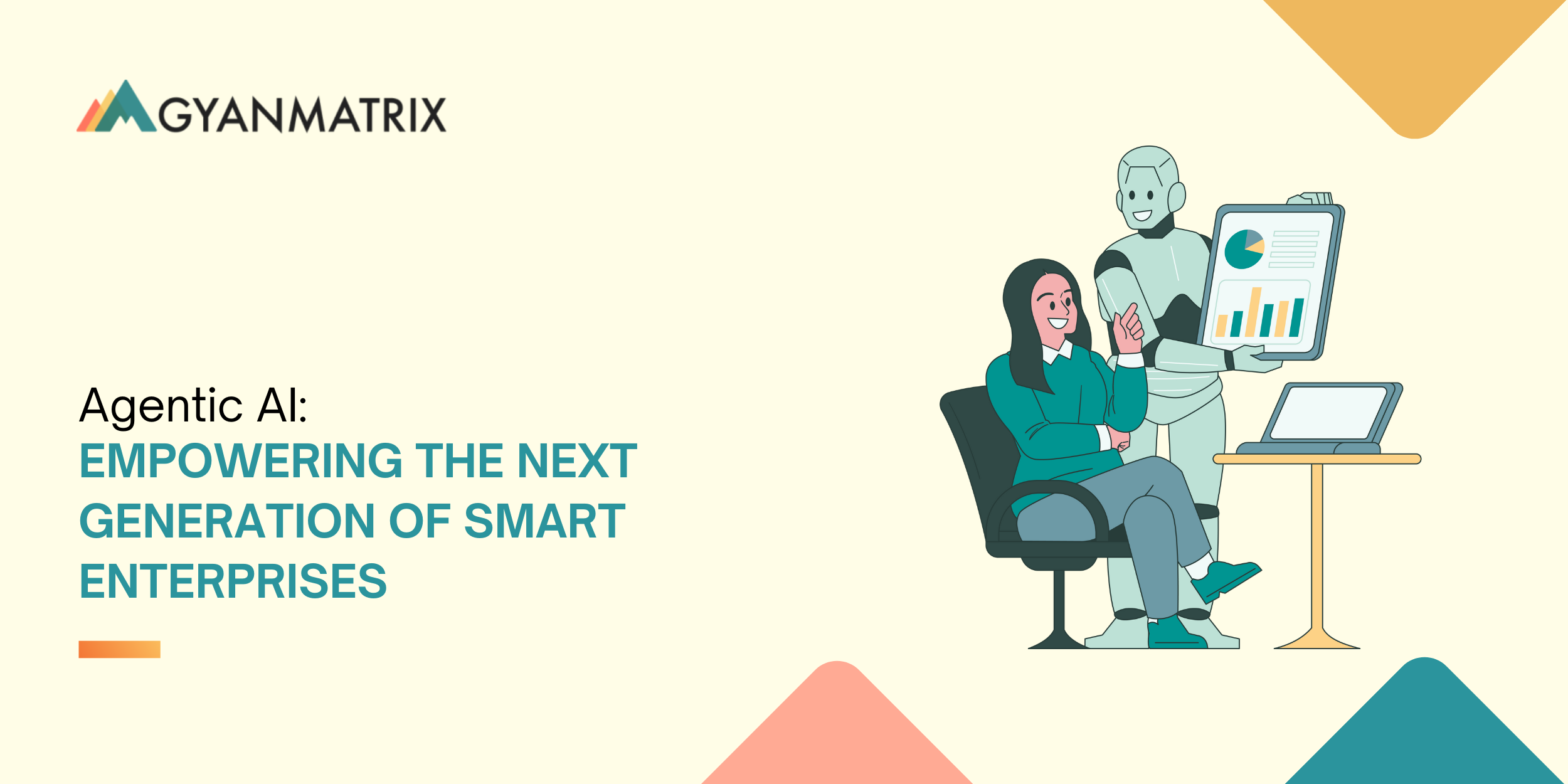Cybersecurity in 2025: Strategies for Staying Ahead of AI-Powered Threats
In 2025, the cybersecurity landscape is more complex than ever. The rise of AI-powered cyberattacks—from automated phishing to deepfake-based scams—has raised the stakes for businesses of all sizes. Traditional security measures are no longer enough. Companies must rethink their strategies and adopt proactive, AI-driven defenses to stay ahead of malicious actors.
In this blog, we’ll explore the key challenges businesses face, the emerging AI-driven threat vectors, and actionable strategies to build a future-ready cybersecurity posture.
The Rise of AI-Powered Cyber Threats
Artificial Intelligence isn’t just helping businesses innovate—it’s also empowering cybercriminals. Here are some of the most pressing AI-powered threats businesses must address:
• AI-Generated Phishing & Deepfakes
Attackers use AI to craft highly personalized phishing emails or even create realistic audio/video deepfakes to trick employees.
• Automated Vulnerability Scanning
AI tools allow hackers to find and exploit system weaknesses at scale, reducing the time from discovery to attack.
• Adversarial AI Attacks
Malicious actors can poison machine learning models, leading to incorrect predictions or compromised systems.
• AI-Enhanced Malware
Malware now adapts its behavior to evade detection by traditional security tools.
Why Traditional Security Measures Aren’t Enough
Most organizations still rely on firewalls, antivirus software, and manual monitoring. While these are essential, they are reactive rather than proactive. AI-driven attacks can bypass static defenses, making real-time detection and response critical for survival.
5 Strategies to Stay Ahead of AI-Powered Threats
Here are actionable steps businesses can take to future-proof their cybersecurity posture:
1. Deploy AI-Powered Threat Detection
Use AI and machine learning for continuous monitoring, anomaly detection, and real-time response. These tools can spot unusual patterns before they escalate into major breaches.
2. Strengthen Identity and Access Management (IAM)
Implement Zero Trust Architecture—never trust, always verify. Enforce multi-factor authentication (MFA), role-based access control (RBAC), and least privilege principles.
3. Regularly Train and Upskill Employees
Human error remains the weakest link. Conduct phishing simulations, cybersecurity awareness programs, and deepfake recognition training to reduce insider risks.
4. Secure AI Models and Data Pipelines
For businesses using AI internally, protect training data from tampering and use model validation techniques to detect adversarial inputs.
5. Partner with Cybersecurity Experts
Work with specialized security consultants who stay updated with the latest threats and compliance standards, helping you adapt quickly.
The Role of Regulation and Compliance
Governments worldwide are tightening cybersecurity regulations. In 2025, businesses must comply with frameworks like ISO 27001, SOC 2, GDPR, and India’s Digital Personal Data Protection Act (DPDPA). Proactive compliance not only avoids penalties but also builds customer trust.
Final Thoughts
AI-powered threats are evolving at lightning speed, but so are cybersecurity solutions. Businesses that take a proactive, AI-driven, and holistic approach to security will be the ones that thrive in the digital economy.
Ready to Strengthen Your Cybersecurity Posture?
At GyanMatrix, we help businesses implement cutting-edge, AI-driven cybersecurity solutions tailored to their industry and scale. Whether you need to modernize your security infrastructure, conduct a vulnerability assessment, or build a robust incident response plan, we’ve got you covered.
📞 Let’s talk security. Contact us today to schedule a consultation and take the first step toward a future-proof cybersecurity strategy.
Cybersecurity in 2025: Strategies for Staying Ahead of AI-Powered Threats
In 2025, the cybersecurity landscape is more complex than ever. The rise of AI-powered ...
How Generative AI is Reshaping Custom Software Development
Generative AI has moved beyond the hype and is now becoming a transformational force in ...
From Legacy to Cloud-Native: A Roadmap for Digital Transformation
In today’s hyper-competitive digital world, businesses cannot afford to be slowed down by rigid, outdated ...
AI‑Powered Personalization in Custom Apps: Real‑World Use Cases for 2025
In today’s fast-moving digital landscape, personalization is no longer a luxury—it’s a user expectation. ...
Agentic AI: Empowering the Next Generation of Smart Enterprises
In today’s rapidly evolving digital world, organizations are no longer just competing on products or ...
Latest Trends Followed by Mobile App Development Companies in 2025
Introduction The mobile app development industry is evolving at lightning speed, driven by user demands, ...







